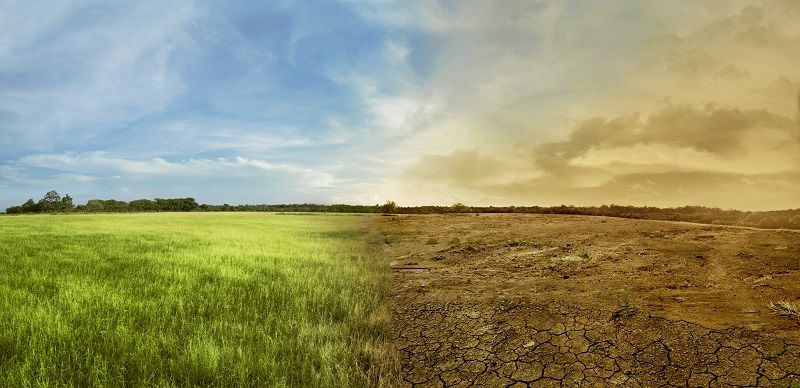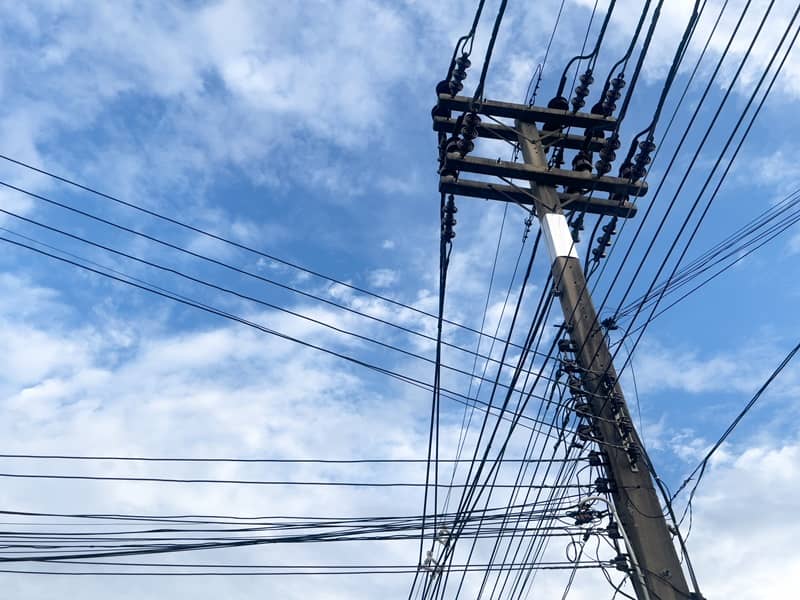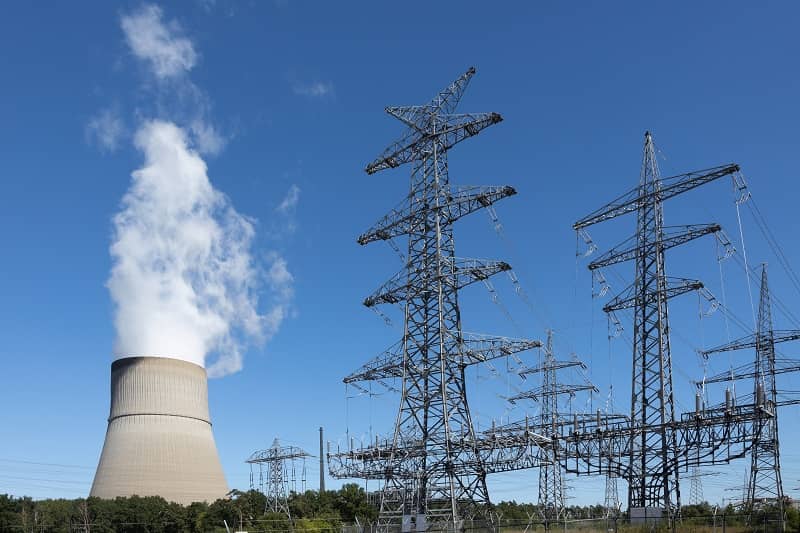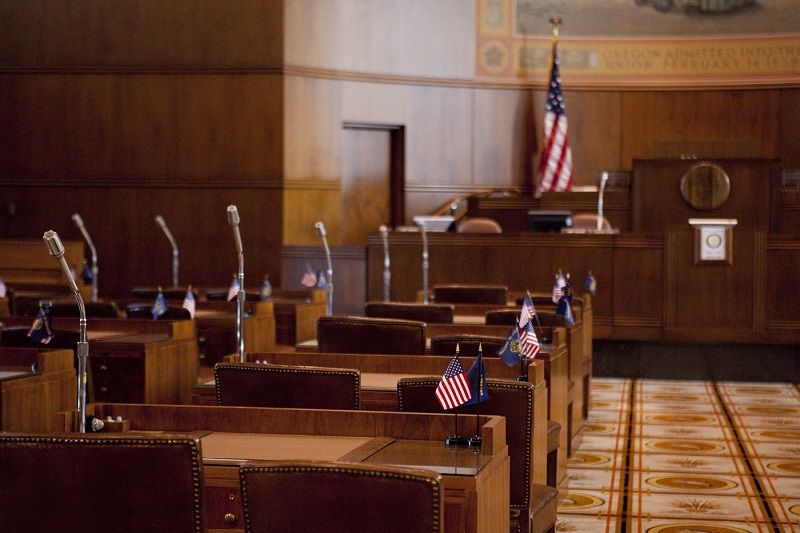
In April 2007, the Supreme Court concluded that greenhouse gases (GHGs) meet the Clean Air Act’s definition of an air pollutant. Therefore, the Environmental Protection Agency (EPA) has been given authority to regulate all GHGs, including carbon dioxide from new motor vehicles. This decision may have profound effects on personal freedom in the United States.
The Clean Air Act did not authorize mandatory regulations to address global climate change, and the EPA felt it was “unwise to do so at that time because a causal link between greenhouse gases and the increase in global surface air temperatures was not unequivocally established.”
However, the EPA has been mandated by the Supreme Court to explain why scientific uncertainty is so profound that it prevents the organization from regulating greenhouse gases, and the EPA is currently taking public comments on the issue to guide their response. The EPA administrator, Stephen L. Johnson, understands the possible freedom-restricting implications of regulating a gas that is a by-product of all industries, businesses, and even breathing.
He states: “…[I]f [the] EPA were to regulate greenhouse gas emissions from motor vehicles under the Clean Air Act, then regulation of smaller stationary sources that also emit GHGs – such as apartment buildings, large homes, schools, and hospitals – could also be triggered. One point is clear: the potential regulation of greenhouse gases under any portion of the Clean Air Act could result in an unprecedented expansion of EPA authority that would have a profound effect on virtually every sector of the economy and touch every household in the land.”
Regulating carbon dioxide could expand government into rationing of energy, restricting travel and controlling most aspects of our daily lives. It would severely restrict personal choice and freedom.
© 2008, Cascade Policy Institute. All rights reserved. Permission to reprint in whole or in part is hereby granted, provided the author and Cascade Policy Institute are cited. Contact Cascade at (503) 242-0900 to arrange print or broadcast interviews on this topic. For more topics visit the QuickPoint! archive.











